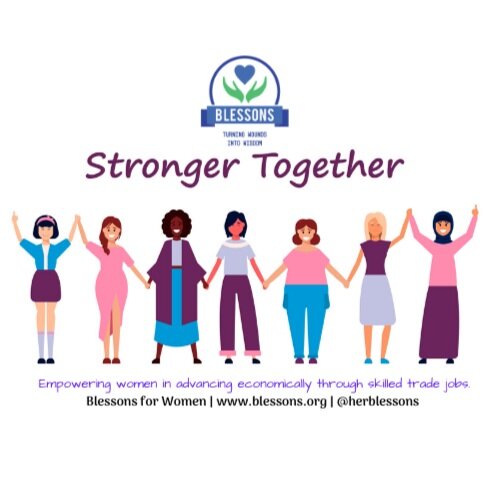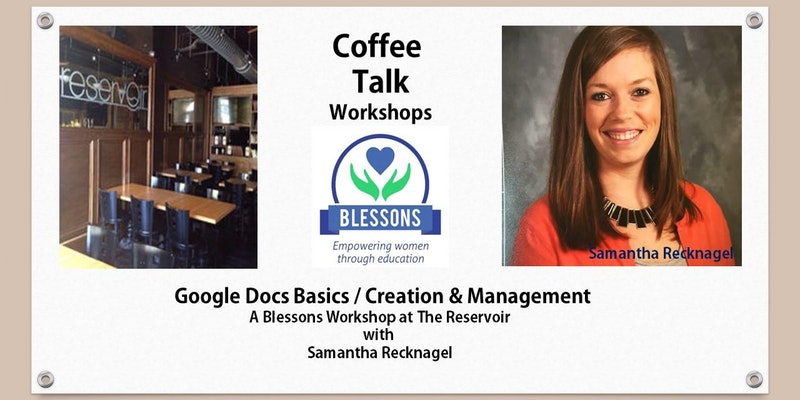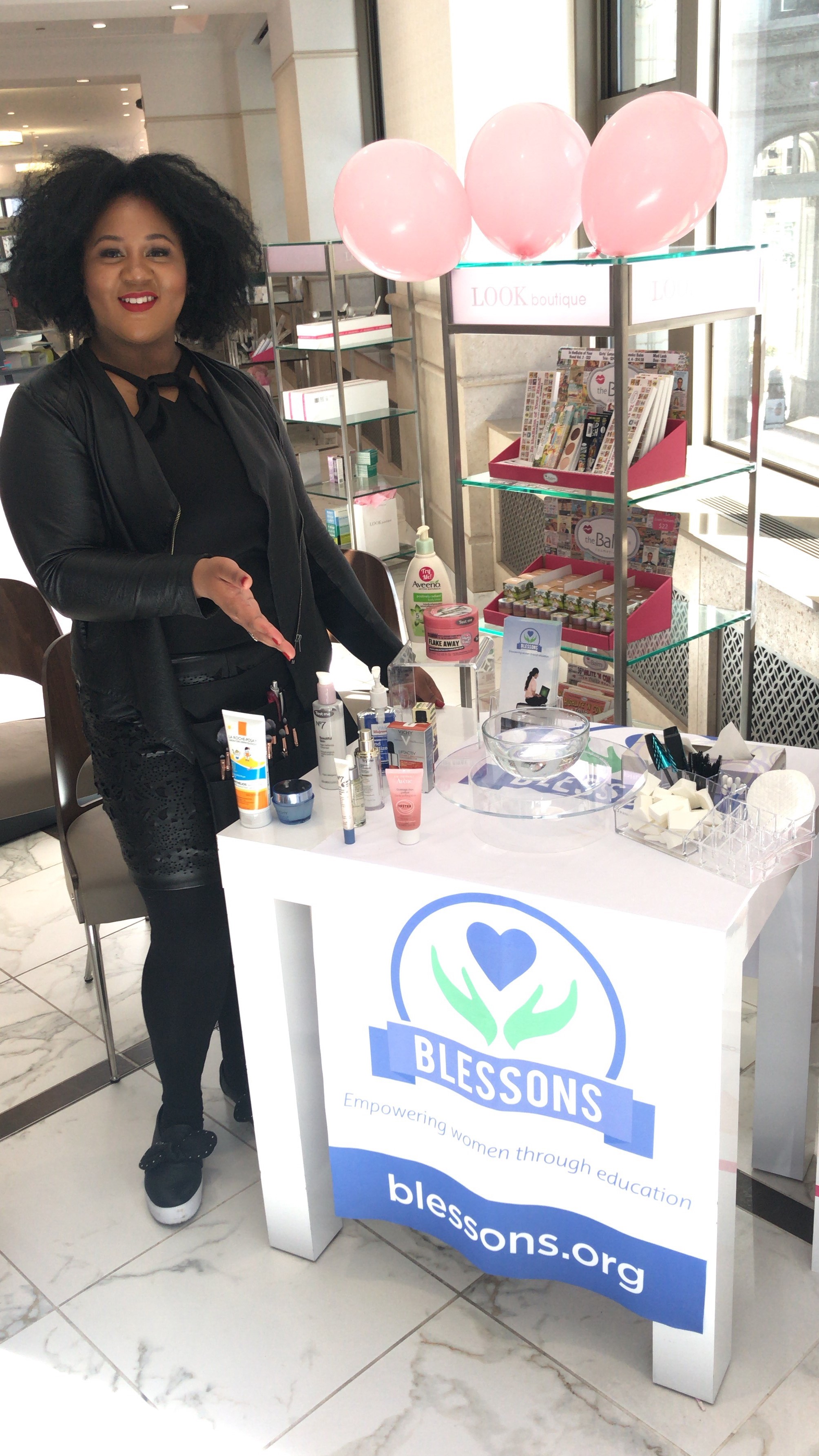TRANSFORMING RAPE CULTURE: A Discussion on Community Accountability to Address Sexual Violence
LOCATION: Annenberg Hall, Room G21 - 2120 Campus Dr, Evanston, IL 60208
Northwestern University Center for Awareness, Response & Education - in collaboration with Gender and Sexuality Studies, The Buffett Institute for Global Studies, Campus Inclusion and Community, and the Women's Center - welcomes organizer, educator and curator Mariame Kaba for a lecture about how to address sexual violence through transformative justice.
Mariame's work focuses on transformative/restorative justic, issues of racial justice, gender justice, and ending multiple forms of violence. Mariame is the founder of several organizations including Project NIA, The Chicago Freedom School, The Chicago Taskforce on Violence against Women and Girls, and the Roger's Park Young Women's Action Team. She is the former co-chair of the Women of Color Committee at the Chicago Metropolitan Battered Women’s Network, has worked as the prevention and education manager at Friends of Battered Women and their Children (now called Between Friends), served on the founding advisory board of the Women and Girls Collective Action Network (WGCAN), and is a member of Incite! Women of Color Against Violence. She currently works with the Survived and Punished collective and is a founding member of the Just Practice Collaborative.
Mariame is an expert in the field of transformative/restortative justice, particularly as it pertains to rape and other forms of gender-based violence. She has facilitated numerous survivor-led processes that focus on community-based accountability, addressing the harm that was done, re-educating the offender, and helping the survivor heal. These processes are an option for survivors who want to address the violence they experienced but are not comfortable with pursuing legal action, filing a formal complain with their school, or don't feel safe relying on traditional social services. Restorative justice is particularly popular among communities of color and other people who have been historically disadvantaged by the traditional justice system.
Please join us for a discussion of how to work towards ending sexual violence in our communities.
2024 Blessons for Women Workshops (FREE)
Back to All Events
Earlier Event: November 5
Aikido Self Defense 101 - Blessons Women Empowerment Workshop
Later Event: November 19
Coffee Talk: Personal Branding - Blogging Basics with Rae Mindock




























